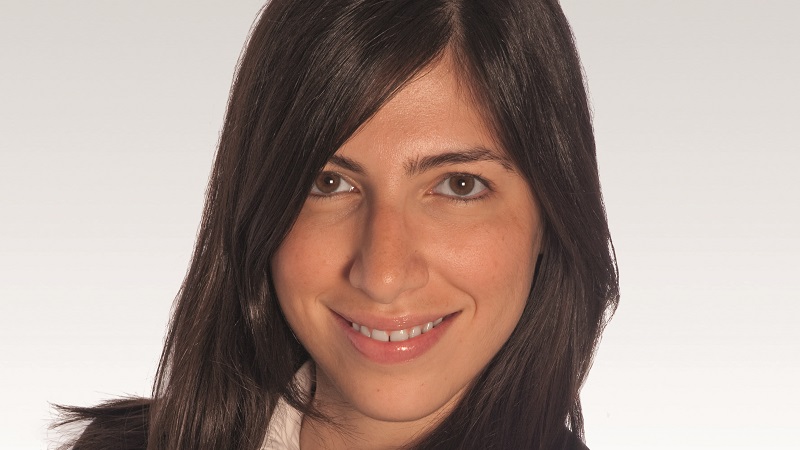Commentators have questioned the “odd timing” of Acorn Income’s decision to swap existing managers Premier Miton and Unicorn Asset Management for BMO Gam which faces potential disruption after being taken over by Columbia Threadneedle.
The fate of the £66m trust had been up in the air ahead of its upcoming AGM in August where it was to be put to a five-yearly discontinuation vote. Last month the board announced it would be undertaking a strategic review and managers Premier Miton and Unicorn AM were served a protective notice.
But on Monday the board revealed it had appointed BMO Gam to take over the trust which will be repositioned as a global sustainable equity income vehicle, subject to shareholder approval.
Under the proposed changes the trust would be rebranded as BMO Global Sustainable Equity Income and would adopt a “balanced approach between growth and income” by investing in 30-50 globally listed companies that are in “complete alignment” with the positive sustainability themes identified within the UN Sustainable Development Goals.
The portfolio is expected to have an initial yield of circa 3.5%.
Very different trust to what investors purchased
AJ Bell head of active portfolios Ryan Hughes said the board’s decision to abandon the trust’s UK smaller companies and bond focus in favour of a global income and ESG approach “may raise a few investors’ eyebrows”.
“This is very different to what they originally purchased and therefore it will be interesting to see how existing investors vote in the AGM in August.”
That said, the trust had “suffered from being sub-scale for a long time” and the board needed to act before the discontinuation vote later in the year, he added.
“From the board’s perspective, taking a radical approach seems sensible give they acknowledge that the status quo was not likely to see the trust grow in scale,” Hughes said.
‘Odd timing’ following Columbia Threadneedle takeover
Fairview Investing consultant Ben Yearsley said the trust swapping to an ESG mandate is not surprising. Investor hype for sustainable funds remains strong and options in the closed-ended space remain few and far between.
See also: Liontrust takes first steps into closed-ended territory with sustainable trust launch
What does seem “slightly odd timing” is choosing BMO Gam to run the mandate after the business has been sold to Columbia Threadneedle.
A change in ownership “virtually always leads to some fund manager changes,” Yearsley said.
Global equities manager Sacha El Khoury (pictured) is slated to run the BMO Global Sustainable Equity Income trust, with Nick Henderson named as an alternative manager. Both are members of BMO’s Responsible Global Equities team, with El Khoury having joined BMO in 2009, and Henderson in 2008.
Acorn will still have to work hard to get on investors’ radar
While Hughes agreed the timing of BMO Gam’s appointment is curious, it indicates the board doesn’t view the Columbia Threadneedle takeover as disruptive.
“The ESG capability of BMO always looked to be a key part of the attractiveness to Threadneedle given BMO’s very strong heritage in this area and the board’s willingness to propose BMO shows that it is expected that after the merger, there is likely to be little impact on the responsible team,” Hughes said.
“Assuming the proposal receives shareholder approval, it will widen the choice of ESG focused investment trusts and with Liontrust’s forthcoming IPO, it shows just how much interest there is in this growing space.
“However, Acorn will still be relatively small and will have to work hard to get it on investors radar in order to grow the trust to a more sustainable scale.”
Chairman Nigel Ward said he was confident the change in manager and strategy “will lay the foundation for a successful long-term future by enabling the company to benefit from a global investment mandate positioned to take advantage of the outstanding opportunities offered by sustainable investing”.
“BMO’s leadership in responsible investing and its investment trust track record stood out among a field of high-quality managers and is uniquely placed to take the company on the next stage of its journey by delivering shareholder value through sustainable growth and income,” he added.
“I sincerely trust that shareholders will feel confident and enthused to support the company not only at the forthcoming general meetings but also in the years to come.”
Acorn Income saw NAV slump 17% and its share price plunge 14% in 2020. It is currently trading on a 13.9% discount, according to data from the Association of Investment Companies.










